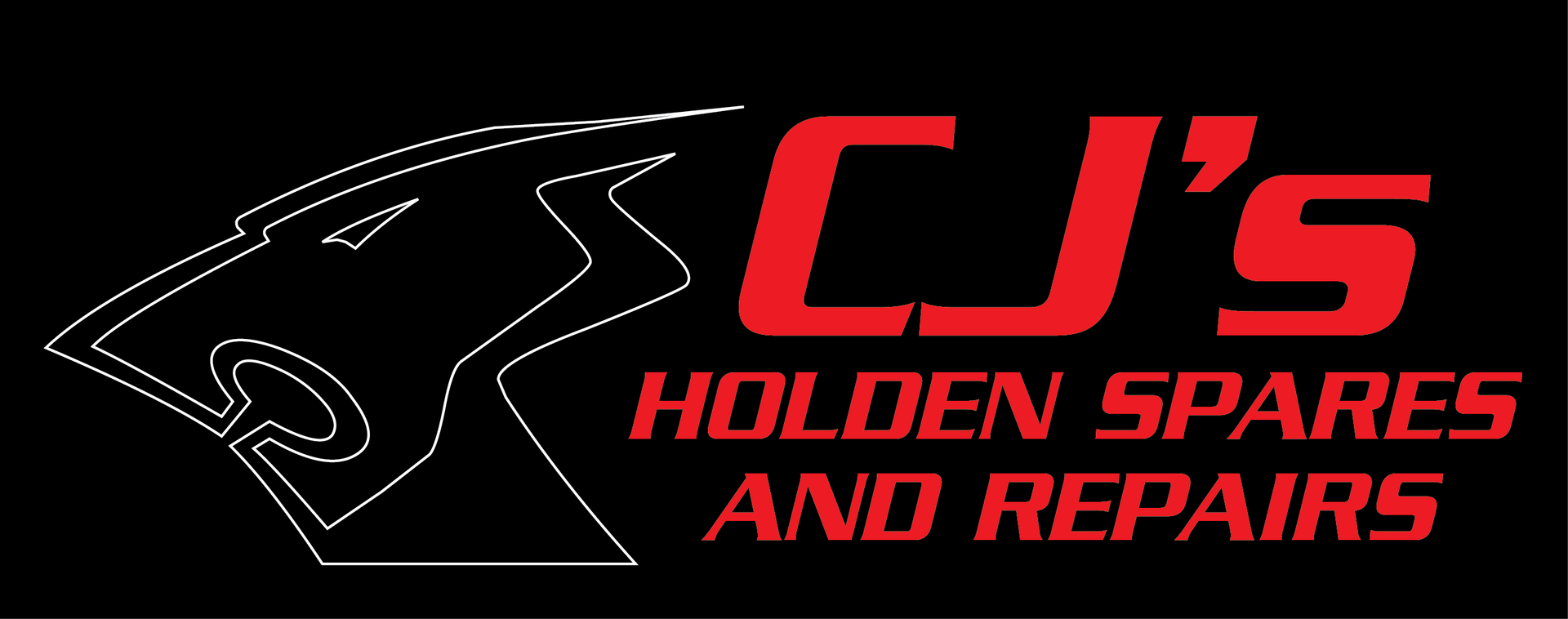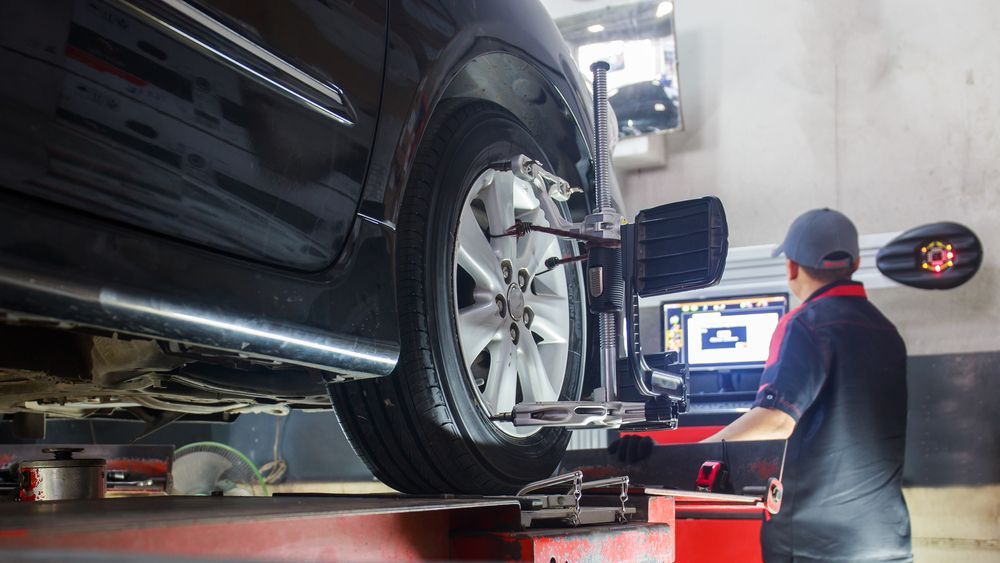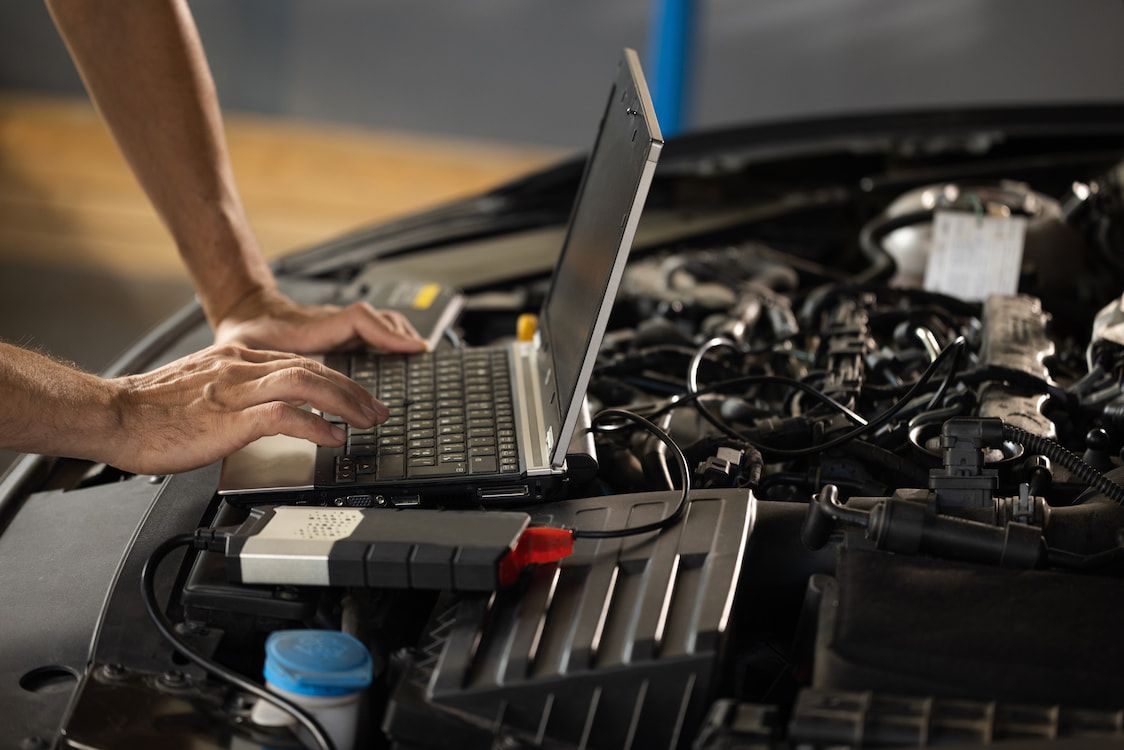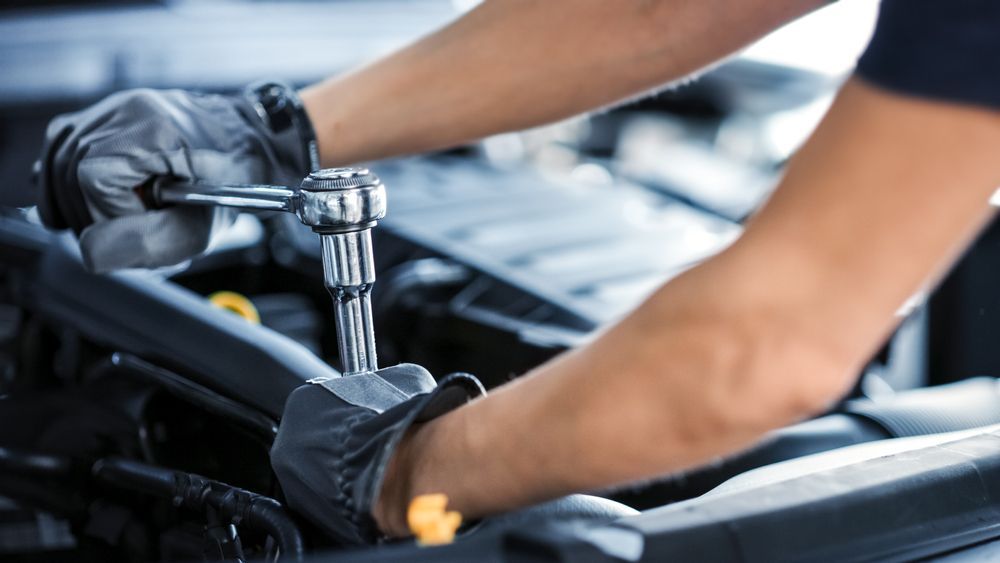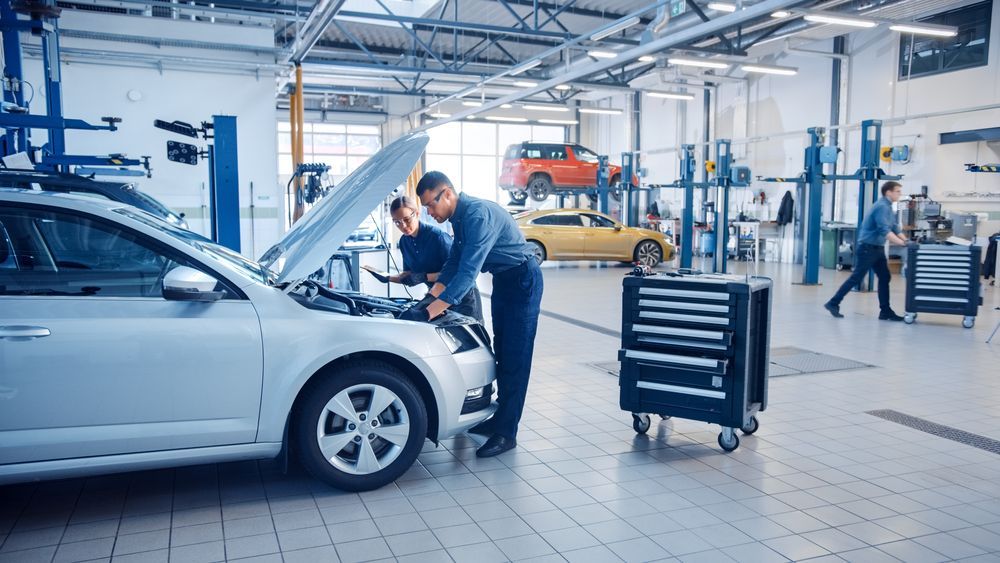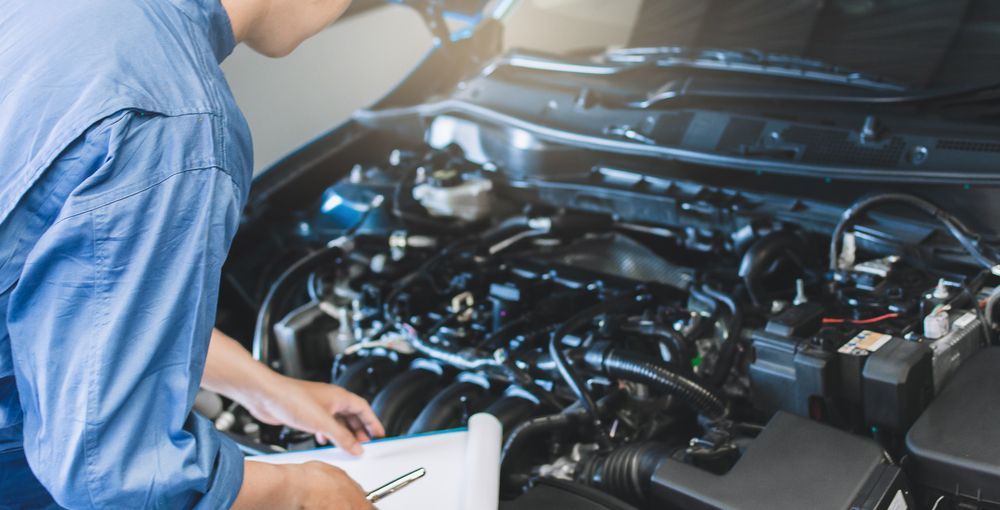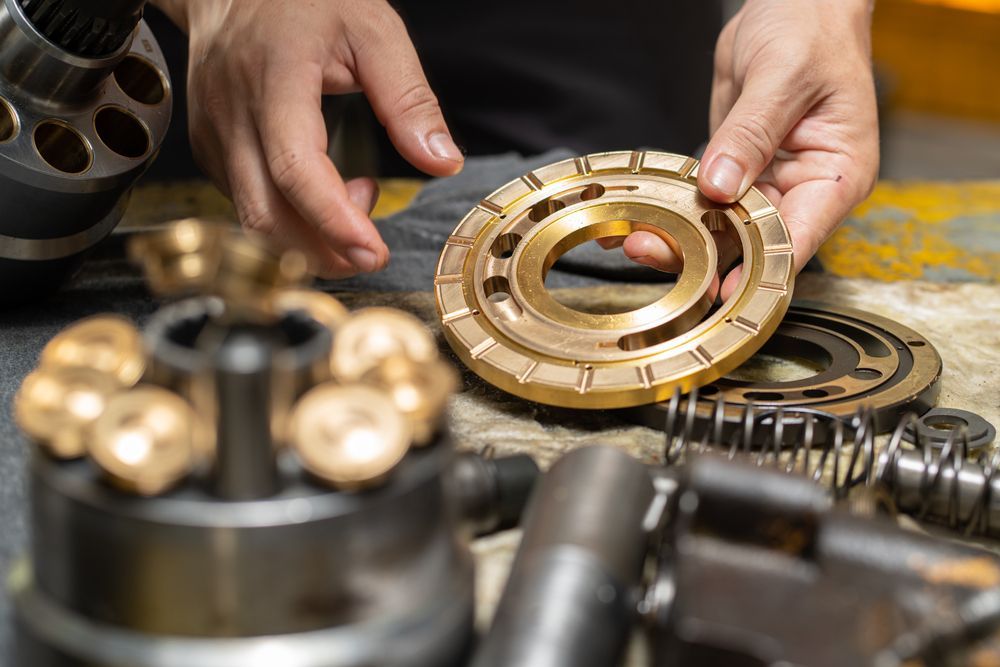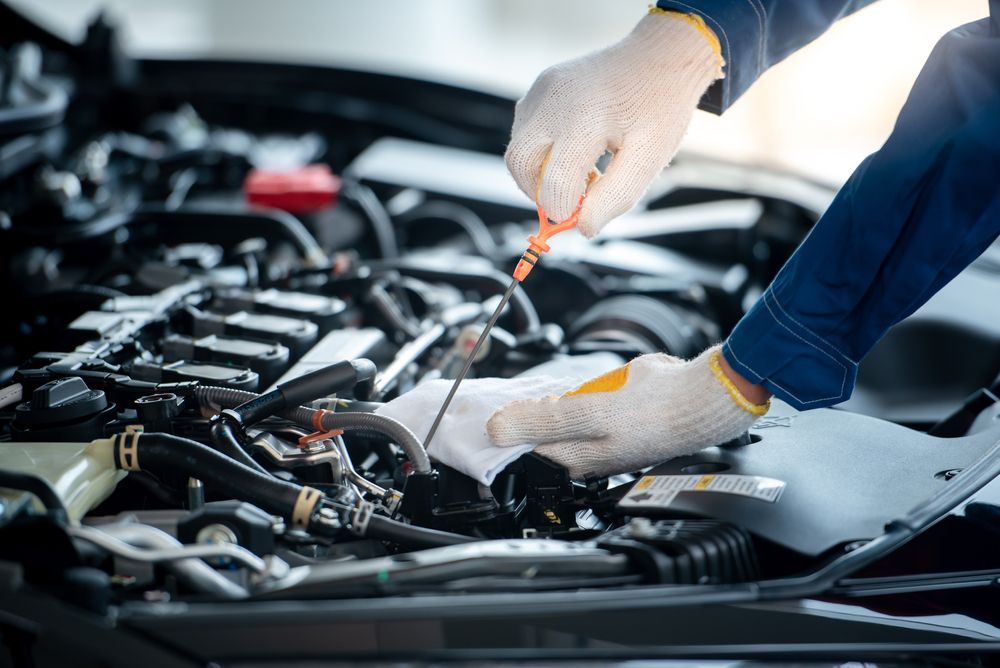Book a Rego Check in Canberra
Over 20 Years' Experience
Quality Parts
Expert Technicians
Fast Turnaround
Comprehensive Registration Checks
A rego check is an essential part of keeping a vehicle legally registered and safe for everyday use. At CJ’s Holden Spares & Repairs, we provide thorough registration inspections for cars, utes, vans and 4WDs. With more than 20 years of experience, our team checks every vehicle carefully to ensure it meets all safety and compliance standards required for registration renewal or transfer.
From brakes and tyres to lights, steering and suspension, we assess all critical components in line with current regulations. If your vehicle passes inspection, we’ll issue the required safety certificate on the spot. If any issues are found, we’ll explain what’s needed and offer prompt, practical solutions. Located in Queanbeyan and trusted throughout Canberra and beyond, our team takes the hassle out of staying roadworthy. To book a rego check, call CJ’s Holden Spares & Repairs on 0418 260 170.
Why Choose Us?
A smooth rego process starts with an inspection you can trust. Here’s what to expect from our service:
- Over 20 years of experience performing inspections and vehicle repairs.
- Full rego checks carried out for a wide range of vehicles.
- Clear communication about any faults and what’s required to pass.
- Fast turnaround times with same-day repairs available in most cases.
- Safety certificates issued promptly for vehicles that meet requirements.
- Honest advice with no unnecessary upsells or hidden costs.
- Easy access for Canberra and Queanbeyan drivers needing quick inspections.
- A trusted local workshop with a focus on safety and compliance.
Call 0418 260 170 to book a rego check or ask about inspection requirements.
